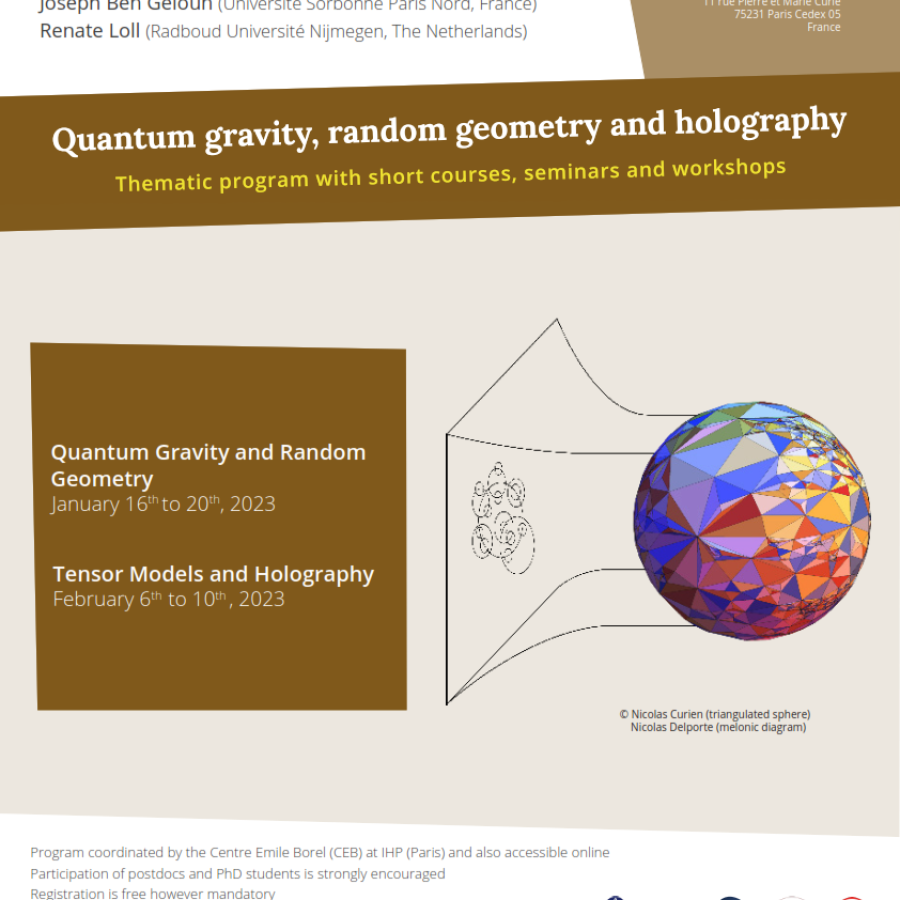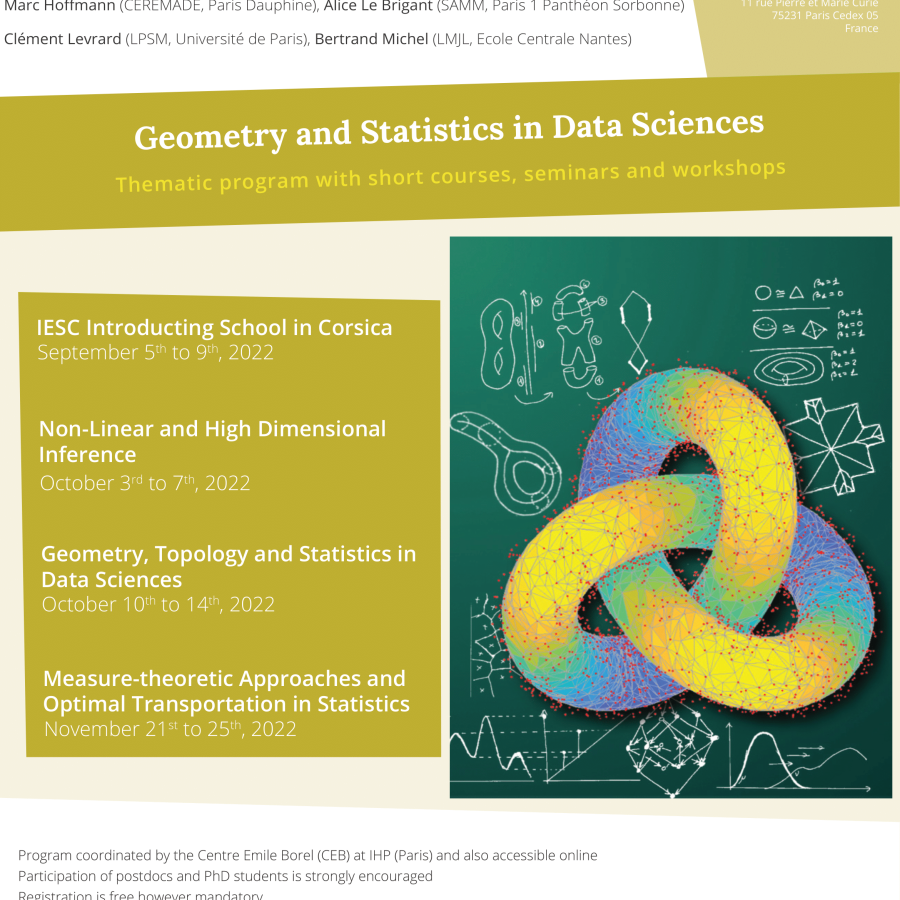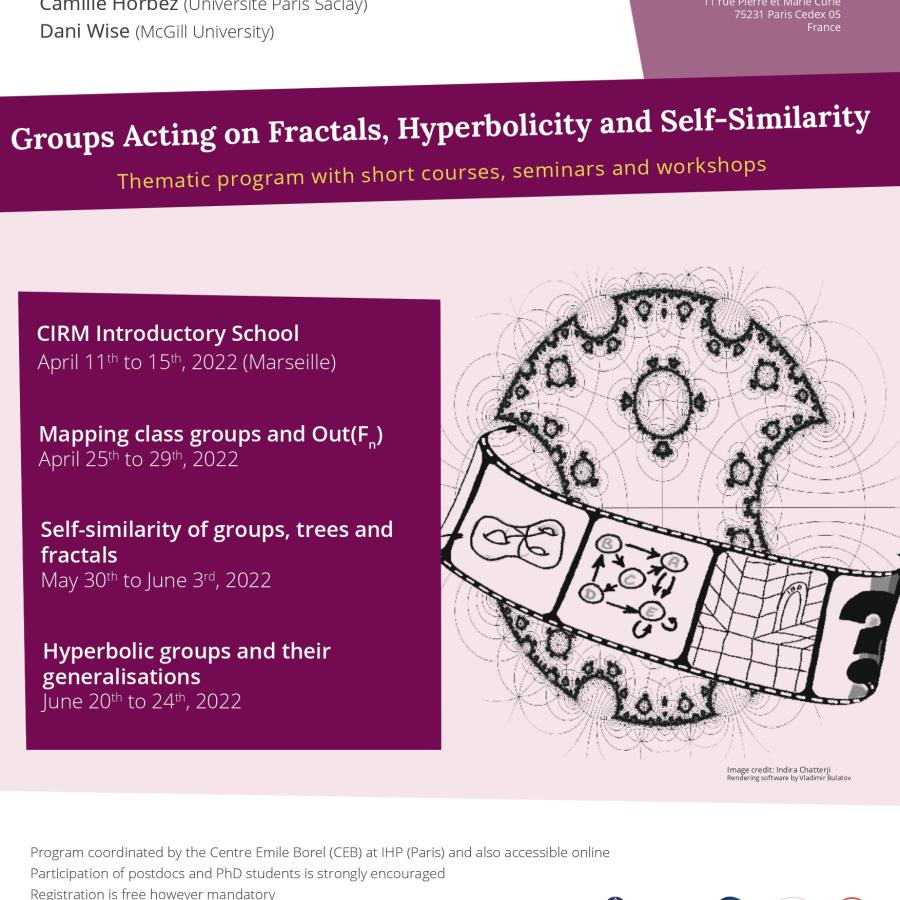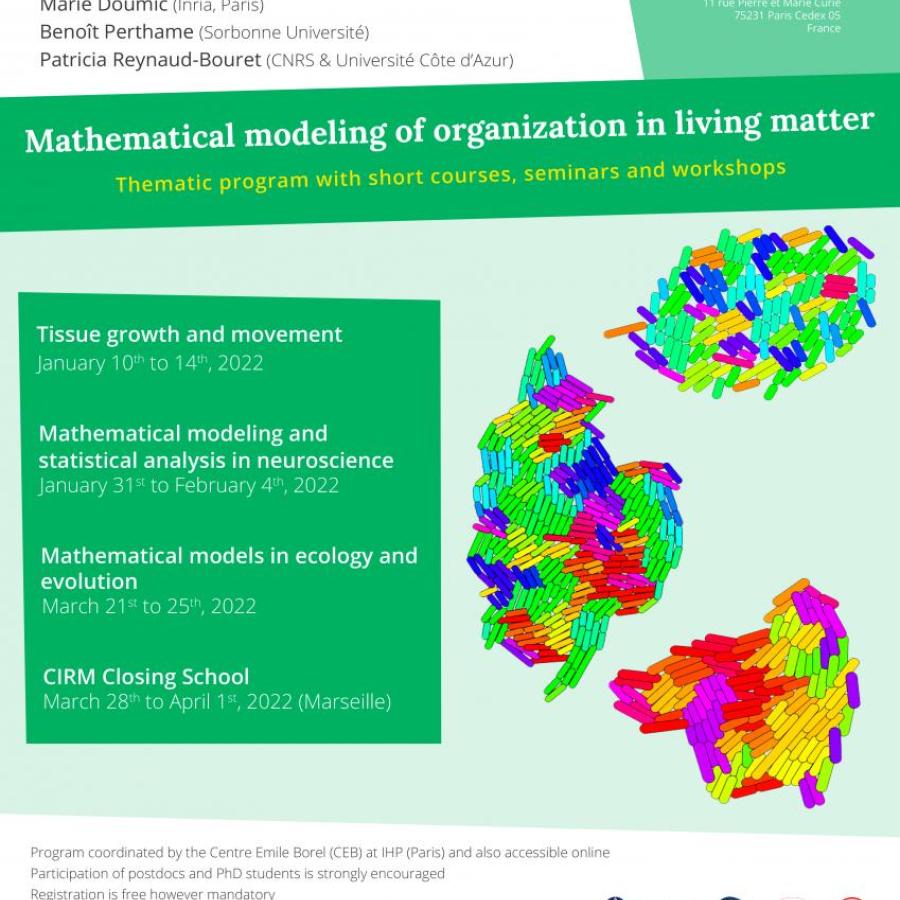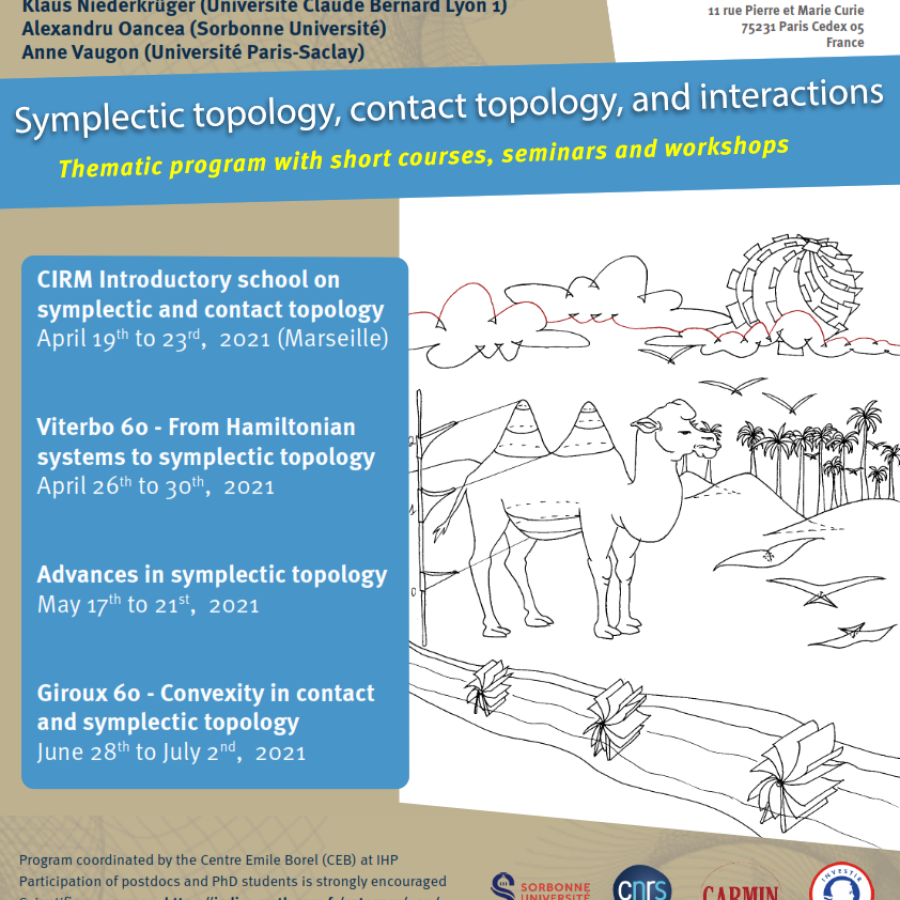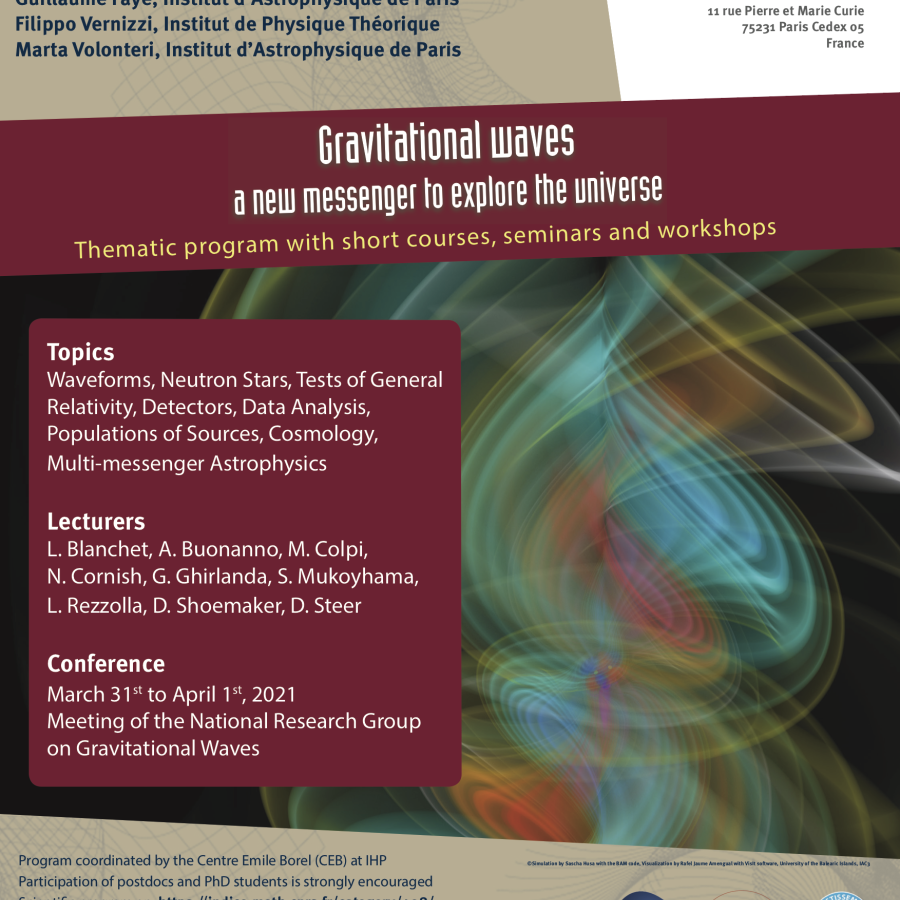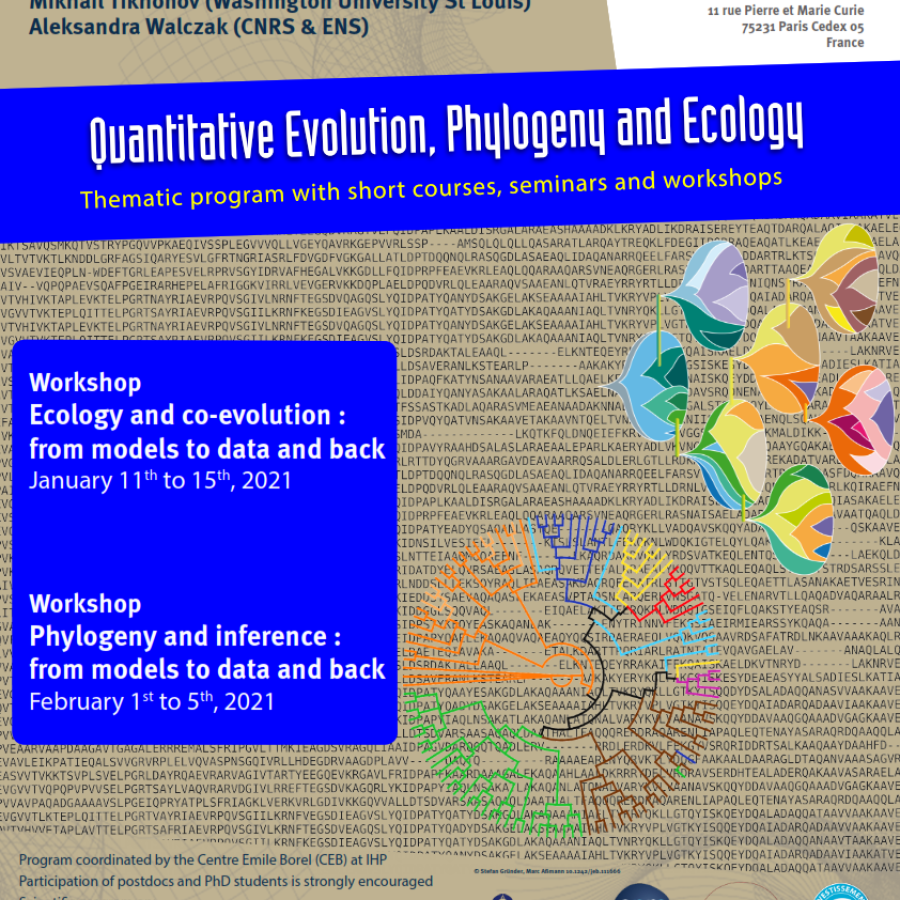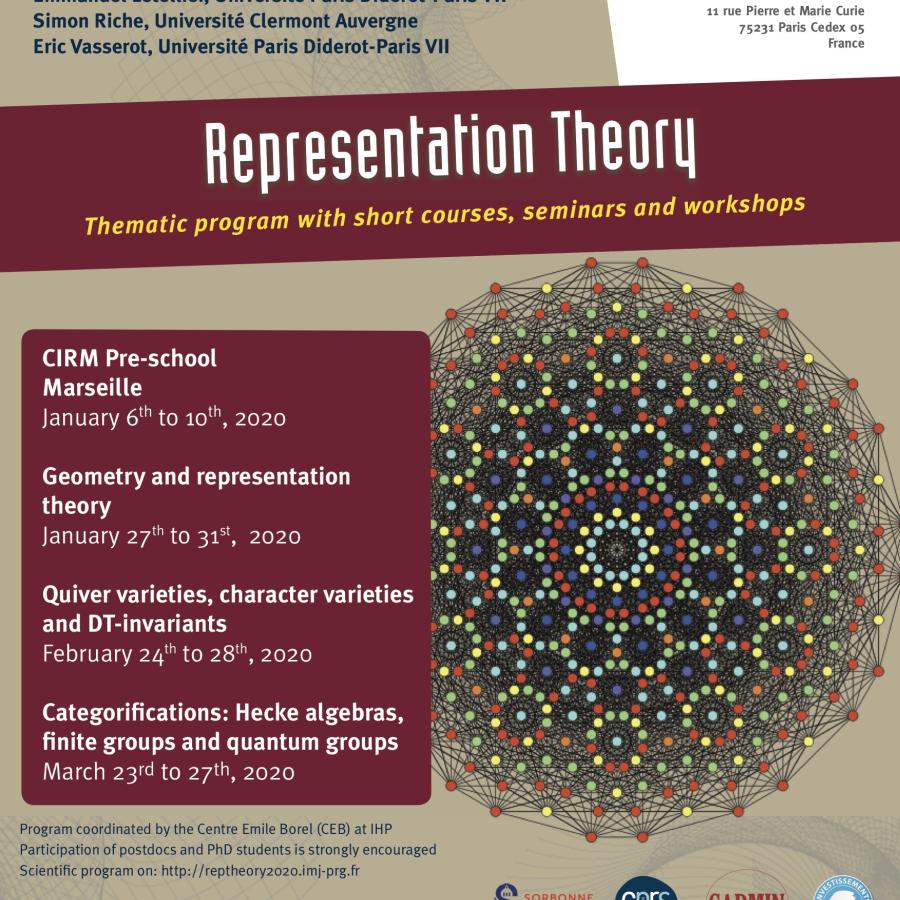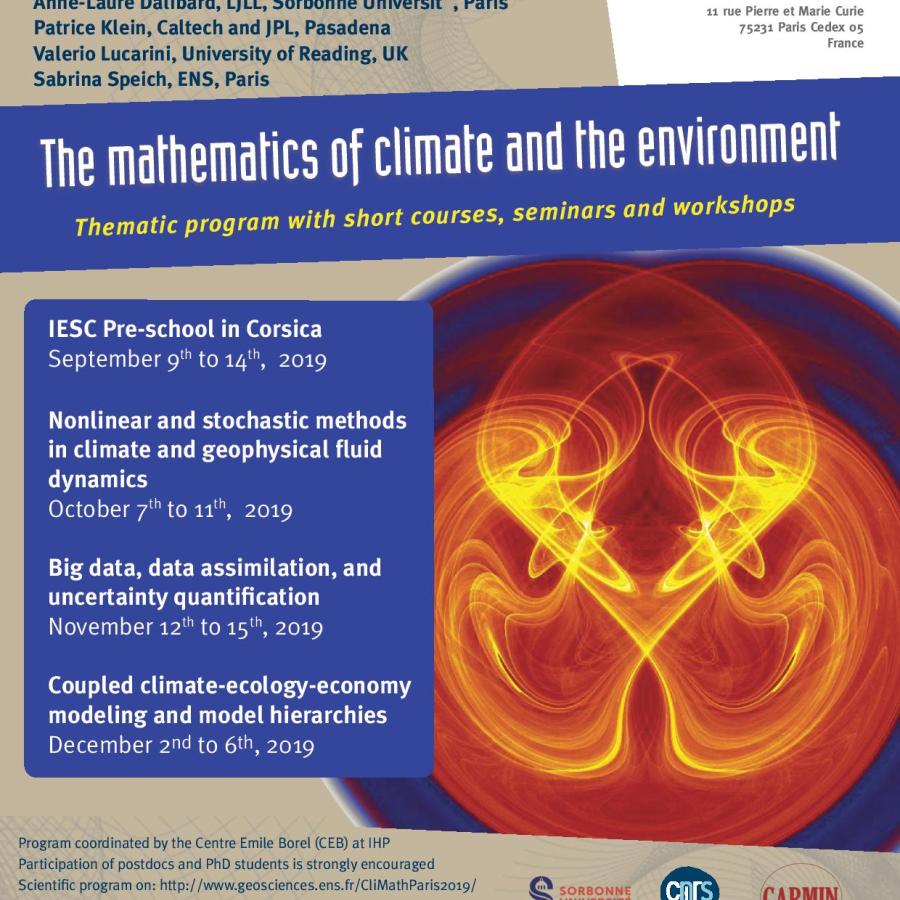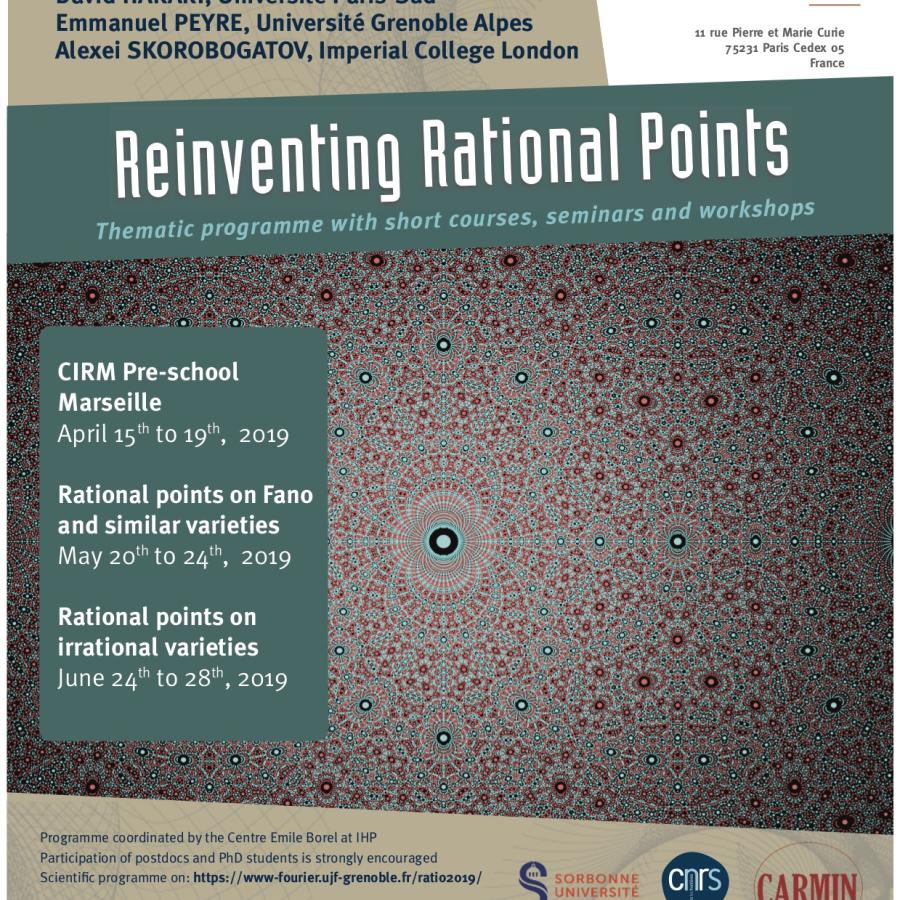The scope of the program is to bring together researchers who are working on quantum gravity from various perspectives and approaches, with an emphasis on the random geometry point of view and on more recent holographic developments. The main goal is to intensify the fruitful interactions between the researchers in these and related communities in order to make significant progress on the outstanding problems in quantum gravity.
The mathematics of climate and the environment
The Institut Henri Poincaré trimester “The Mathematics of Climate and the Environement” aims to explore the Climate System and the developments in mathematics that seem most promising in advancing the climate and environmental sciences.


